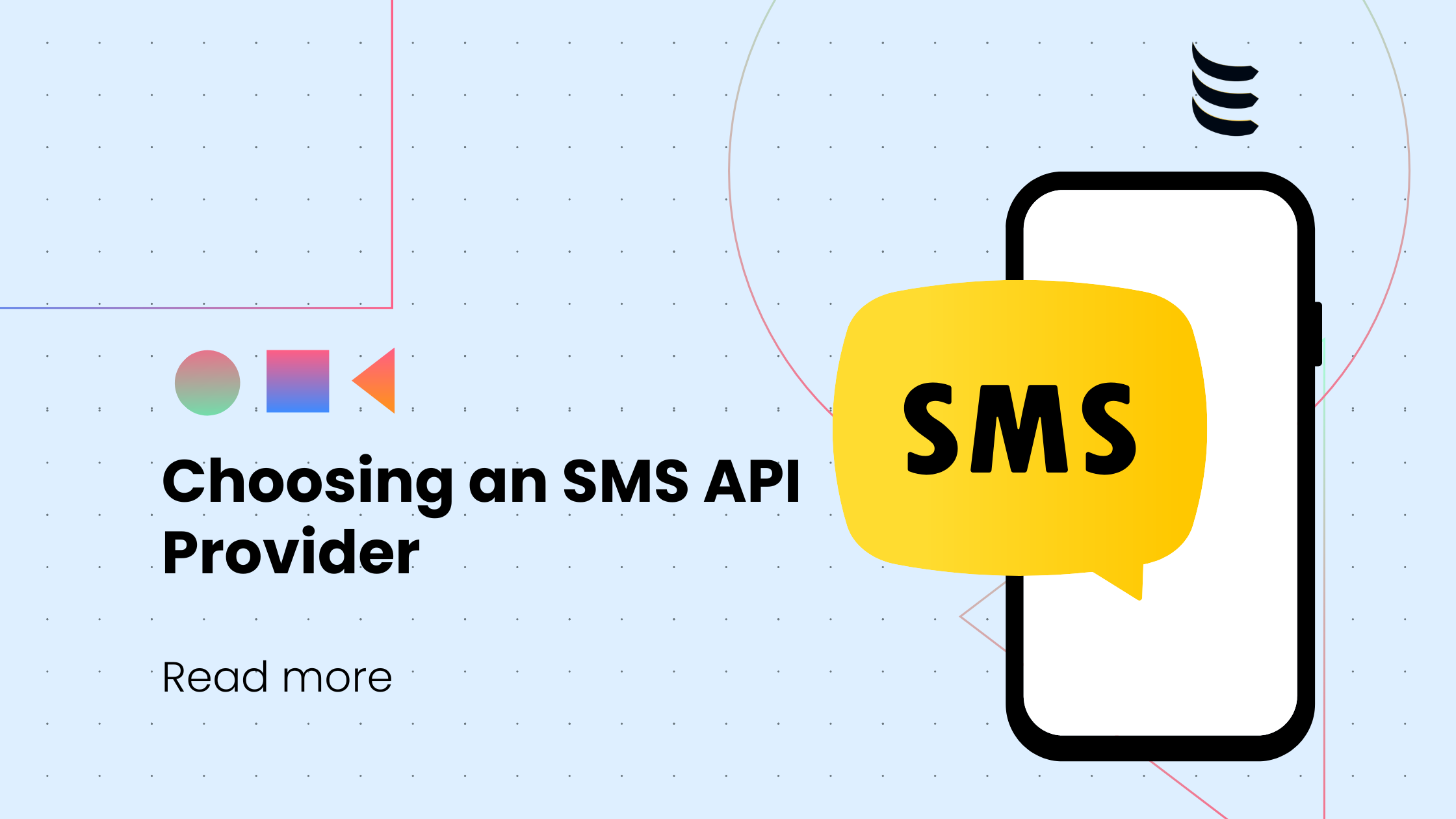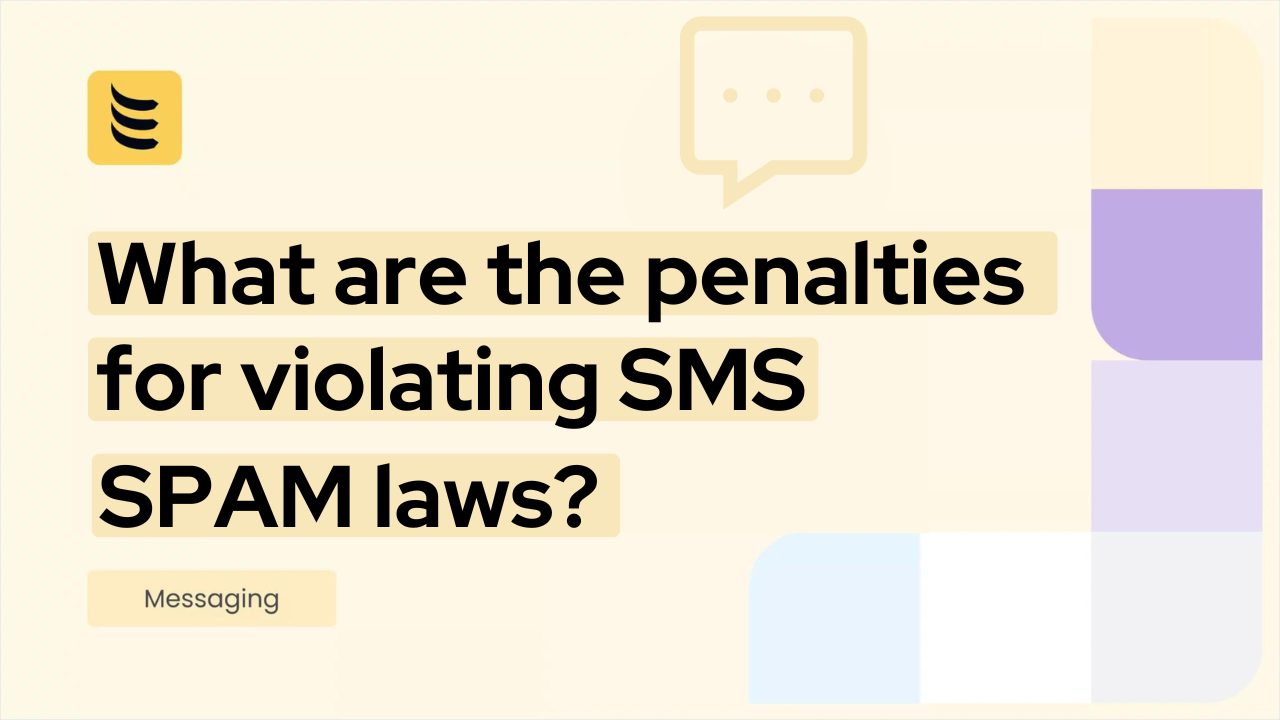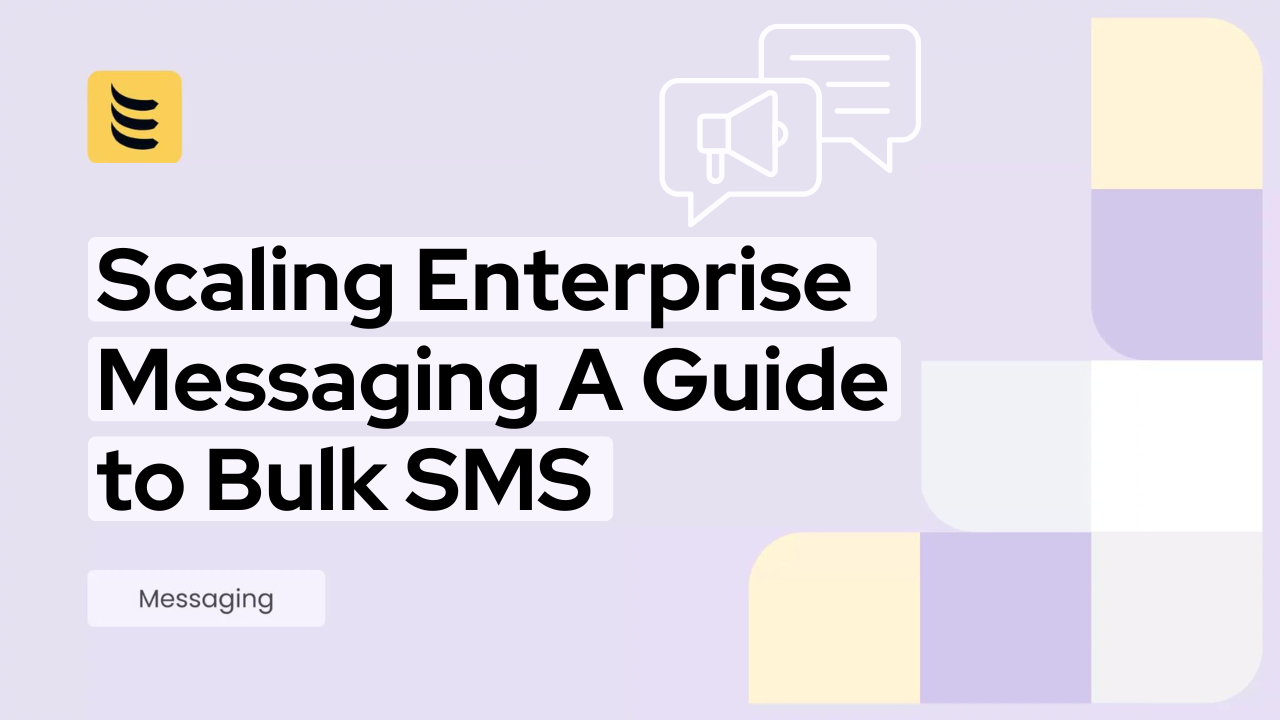With consumers and suppliers in the digital marketplace increasingly reliant on mobile devices for information and transactions, organizations in every sector of the economy need the ability to deliver fast, reliable, and engaging communications.
Short message service or SMS text communication is readily accessible to anyone with a compatible device – and as the SMS format is available to users of both conventional phones and smartphones and does not require an internet connection, its reach is truly global.
A recent SMS marketing survey by Gitnux reveals that 62% of consumers have subscribed to at least one business to receive text messages in the past year. The most desirable SMS message types are confirmations, with delivery confirmations being the most preferred by SMS subscribers (64% of the survey respondents). SMS messages consumers enjoy from brands include discounts tailored to their past purchases (48%), offers related to their interests (43%), and messages about products/services they are interested in (39%).
Notably, SMS text recipients will open and respond to the vast majority of text messages within three minutes of delivery, and 98% of all text messages are opened. SMS text is therefore an ideal channel of communication between consumers and brands. In fact, the Gitnux survey indicates that over 42% of business owners and marketers used text messaging services to communicate with customers in the past year, and over half (57%) plan to increase their text marketing budget.
Organizations in all sectors can benefit from enabling SMS style communication via a number of platforms. Here, application programming interface (API) technology has a key role to play – specifically, in the form of the SMS API.
What Is an SMS API?
SMS API stands for short message service application programming interface, which is a set of protocols and tools that enables software applications to send and receive text messages programmatically. An SMS API allows developers to integrate SMS functionality into their own applications, websites, or systems, facilitating the automation of SMS communication.
Developing an SMS messaging platform from scratch is no easy task. It requires extensive development resources and in-house skills. Rather than attempting to reinvent the wheel, businesses and developers should instead consider partnering with reliable and established SMS API providers. However, making the right choice of SMS API provider can be critical to the success or otherwise of your SMS integration efforts.

Criteria for Selecting an SMS API Provider
There are a number of factors that you should take into consideration when choosing an SMS API provider. They include the following.
1. Is an SMS API Appropriate for Your Business?
The ability to enable diverse systems to interact, share data, and communicate with each other is particularly important for any organization that uses a variety of platforms to coordinate and implement its business operations. If, for example, your enterprise relies on customer relationship management (CRM) software, sales and marketing platforms, enterprise resource planning (ERP) and/or a combination of business systems, using SMS API technology to facilitate SMS integration is a good way to go.
For large or diverse enterprises and organizations with a wide geographical spread, SMS API deployment can help in reducing operational complexity, and boosting efficiency by streamlining workflows and facilitating communications between stakeholders.
If your organization has a large customer or user base, SMS APIs can facilitate the transmission and reception of bulk SMS content through a diverse set of applications.
SMS API deployment can also assist the business if your work relies on delivering time-sensitive information to consumers. This might apply for example to financial institutions, hospitality venues, or healthcare providers. Here, an SMS API platform can provide the tools and functionality needed to schedule messages ensuring that clients receive their status updates, appointment reminders, or alerts at the appropriate times.
Finally, since SMS APIs enable message tracking with delivery recipients, organizations using them can monitor and log when each communication was delivered to the customer and maintain a thorough audit trail of their SMS communications. This can have positive implications for any business or institution that needs to satisfy industry-wide or specific regional compliance demands.
2. Security Considerations
Spam distributors and other bad actors can hack into unsecured SMS APIs, so you should look for a service provider that can ensure high quality and secure network routing for your messages. Do some research to find out what protocols and measures the SMS API provider has in place to protect sensitive information.
Ideally, SMS traffic should be encrypted end-to-end, and the platform should provide an option to integrate with SMPP (a secure SMS communications protocol).
3. Service Reliability, Delivery Rates, and Service Level Agreements (SLAs)
A high-quality network infrastructure is essential to avoiding lost or undelivered SMS messages. You should therefore look for an SMS API provider that can guarantee a high deliverability ratio – that is, the ratio of total messages delivered to the number meant to be delivered. A reliable SMS API provider should at least offer a method of letting you track delivery data in real-time (delivery report notifications).
A good SMS API provider should also use direct network or Tier 1 connections, rather than lower cost (to the provider) and low reliability “gray routes.” Under Tier 1 connections, messages are sent directly to the relevant mobile network. The SMS API provider should also have redundancy measures in place in case their Tier-1 provider connection is unavailable.
Most SMS API providers will have a Service-Level Agreement or SLA in place, with terms stipulating the amount of uptime they guarantee in a given period. The highest level of network availability is “5 nines”, which equates to 99.999% uptime or around 5.26 minutes of downtime each year.
4. Compliance Status
SMS marketing must comply with relevant legal standards and regulatory compliance regimes. This is especially true in the case of bulk SMS messaging, where for example in regions like the US and Europe, explicit consent is required from consumers before they subscribe to an SMS text list, and clear and specific opt-out instructions must be provided to message recipients.
The SMS API provider you choose therefore needs to provide assurances that it can comply with all relevant regulatory and legislative requirements that apply to where text messages are being sent.

5. SMS API Integration Time
In a typical scenario, SMS API providers will unlock their documentation, leaving it up to you or your developer to integrate the SMS API into your existing systems. With an experienced developer in-house, this client-side integration may have the SMS system operational within an hour. However, this depends on whether the SMS API provider’s documentation is clear and complete. You should also look into the type of assistance they offer for client-side integrations.
6. Available Development Libraries
The provider should offer an SMS API that you can call from any programming language capable of making HTTP requests. To make this easier, you should look for an SMS API provider that offers helper libraries for specific languages such as Python, Ruby, Java, Golang, and Node.
7. Pricing Structure and Billing
Before making your choice, be sure to get a clear picture of how the SMS API provider structures its pricing.
Some SMS API providers will bill on a credit-based system, where one credit typically equals a single text message of 160 characters or less. Other SMS API providers may bill on an exact usage basis at the end of each month. Many SMS API providers will also charge for all messages delivered via their API, whether they are actually delivered or not. Pricing structures may also vary depending on the primary countries where you’ll be sending most of your messages.
8. Customization Options
Being able to personalize messaging to suit the characteristics of the target market is critical to effective business SMS communication. As such, you should give careful consideration to the message customization options offered by your SMS API provider.
For example, you might want to determine whether the SMS API provider allows you to send promotional or transactional messages to your customers or one-time passwords (OTPs). You might also consider the phone number options available (short-code, long-code, toll-free, etc.), and whether the SMS API provider has the facility to offer two-way text conversations.
9. Ability to Scale
As your business grows or diversifies, your SMS needs may change. You’ll need to select an SMS API provider whose platform is capable of supplying the functionality and messaging options your organization requires to meet these changes.
10. Customer Support
Even with the clearest and most comprehensive SMS API documentation, you may require assistance with your SMS integration, and subsequent SMS marketing efforts.
During implementation, the SMS API provider should ideally assign a local account manager who can listen to your project requirements and limitations and suggest the appropriate solutions. This manager should also be able to supply all the relevant information regarding the evaluation, purchasing and post-purchase processes involved in your deployment.
In addition to personal account management, check whether the SMS API provider offers support channels in addition to email, such as phone, web chat, and 24/7 accessibility. As many SMS API providers offer a tiered support plan with different price points, you may need to shop around to find an SMS API provider with a support level that’s both affordable and adequate for your needs.
IDT Express’s SMS APIs provide global SMS coverage through a user-friendly wizard-driven code generation process that is fast and effortless to utilize. IDT’s carrier-grade platform and an extensive network of 550+ direct carrier connections enable two-way communication with your customers via Tier 1 connections, and an SMS API that empowers you to create highly personalized SMS notifications that cater to any use case with unmatched flexibility.
Comprehensive documentation is available to facilitate quick deployment, together with 24/7 support for you and your team.
To learn more about the IDT Express SMS API, book a demo.





One Response
The API provides a direct connection through the SMS gateway.